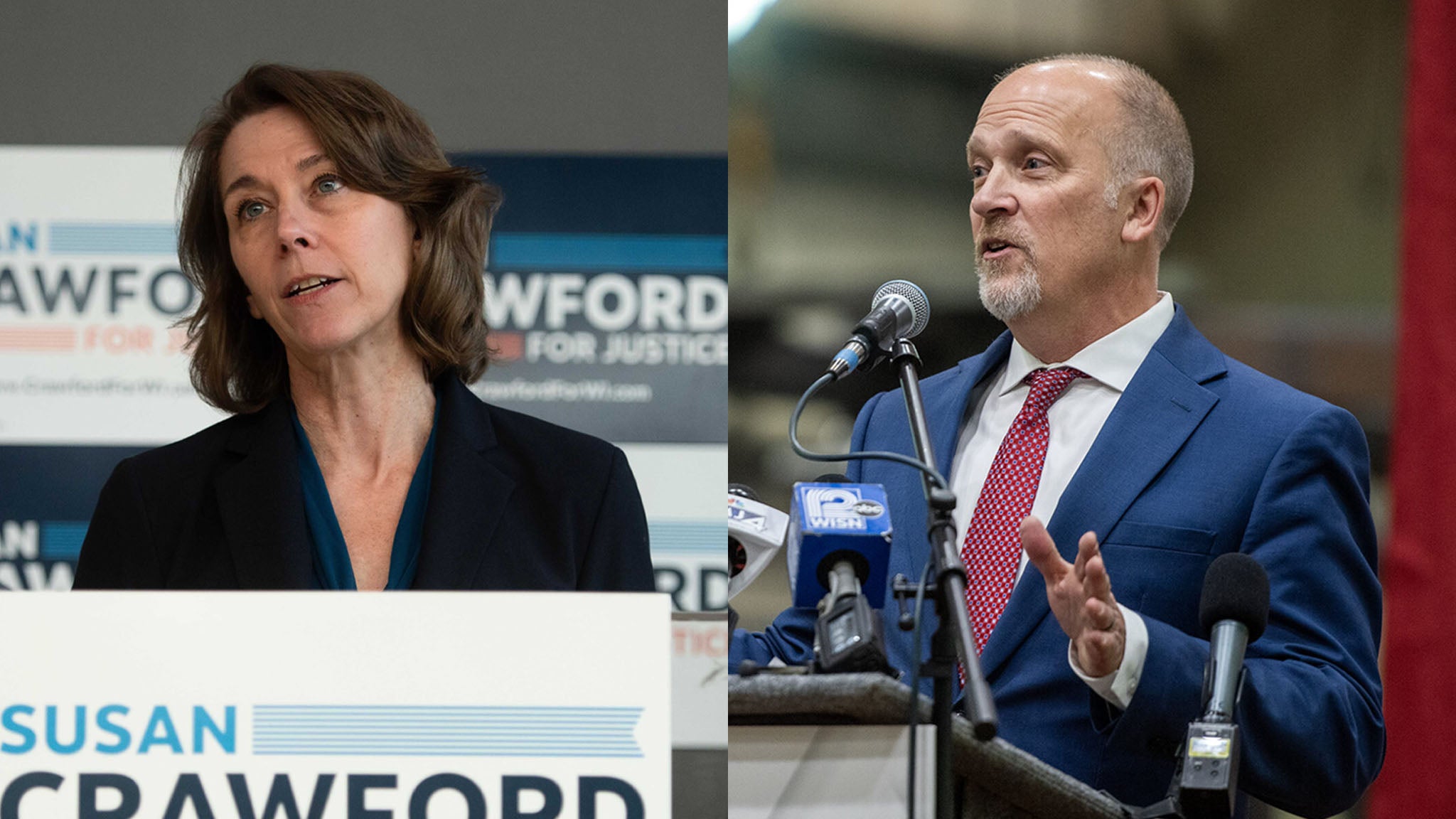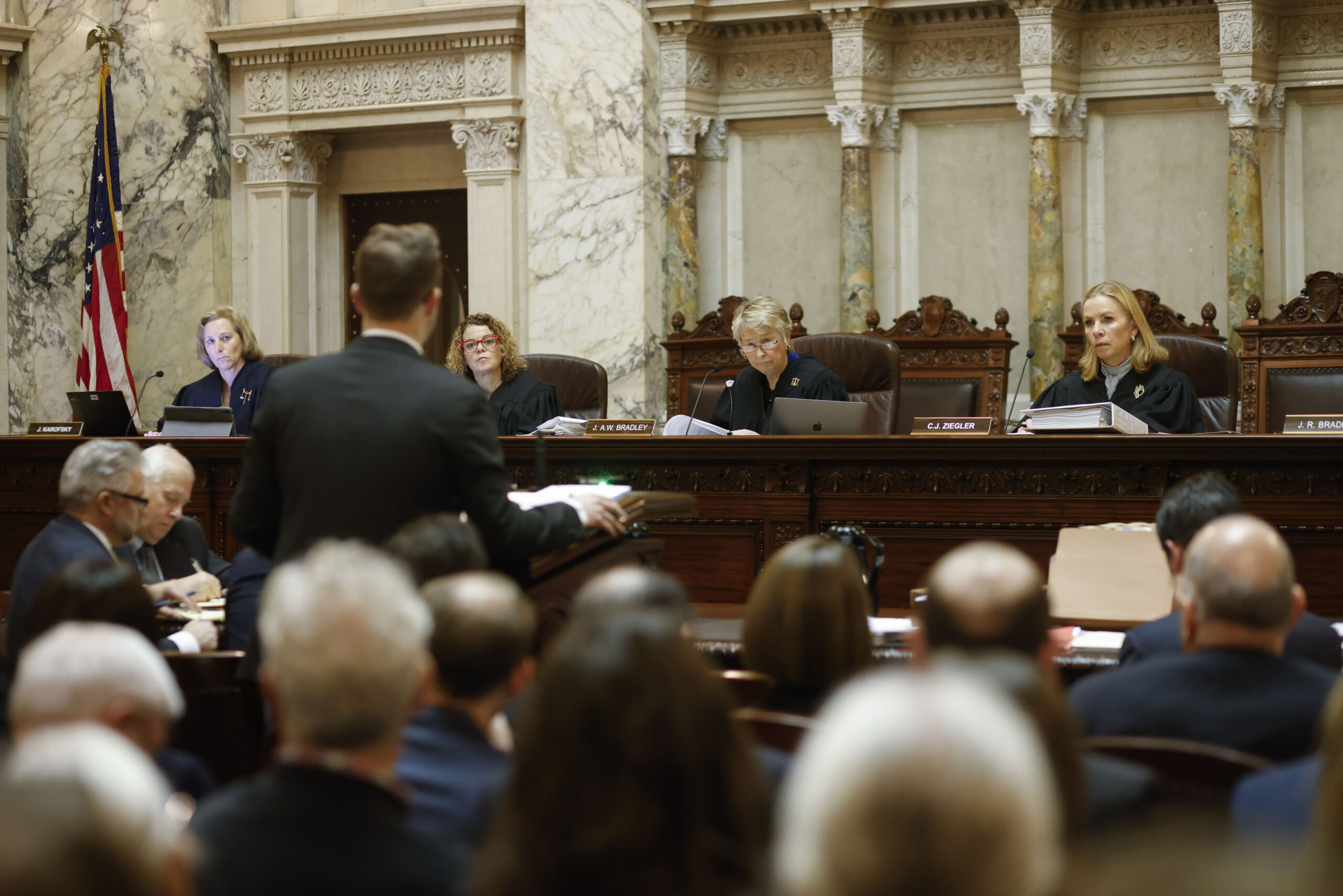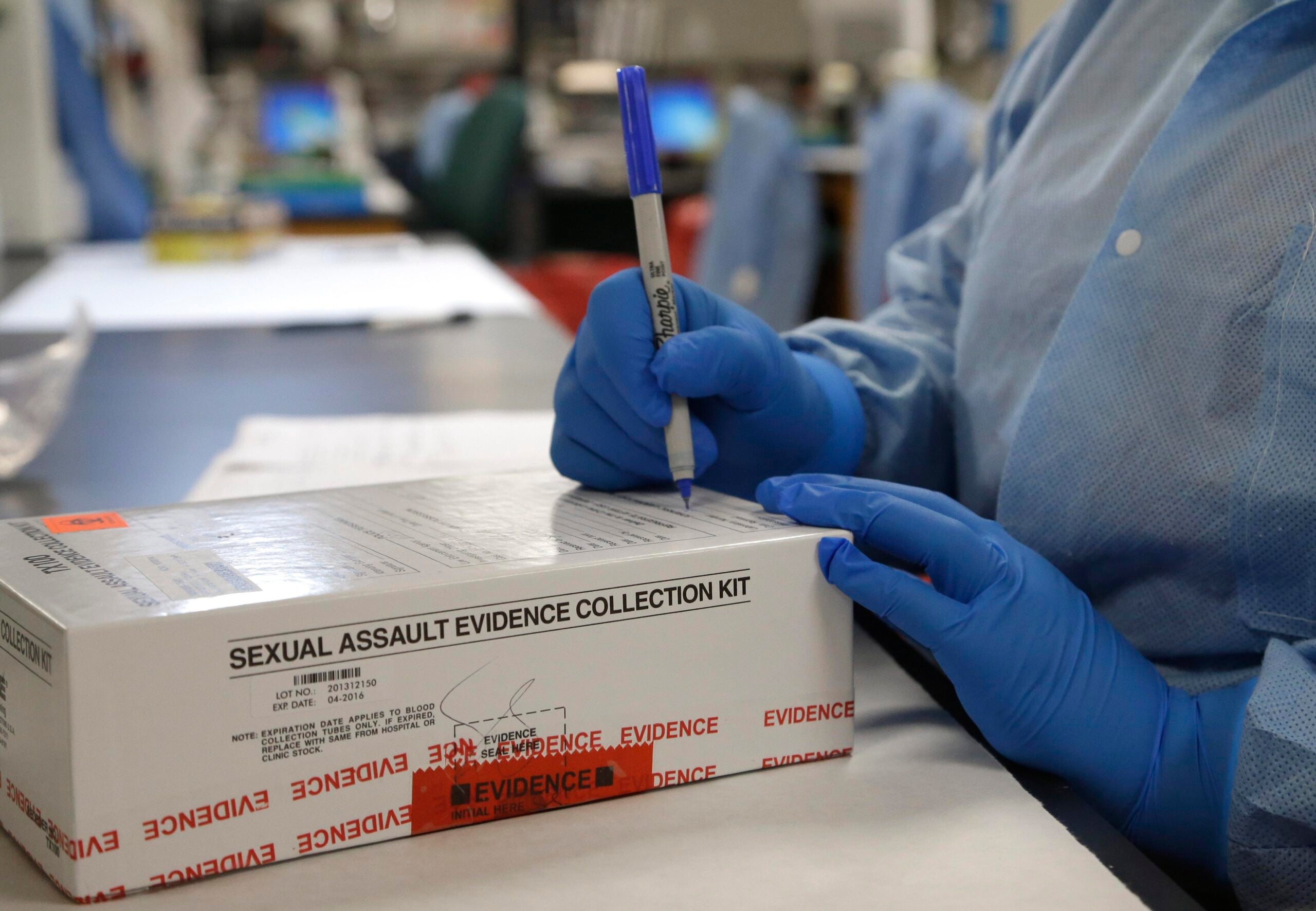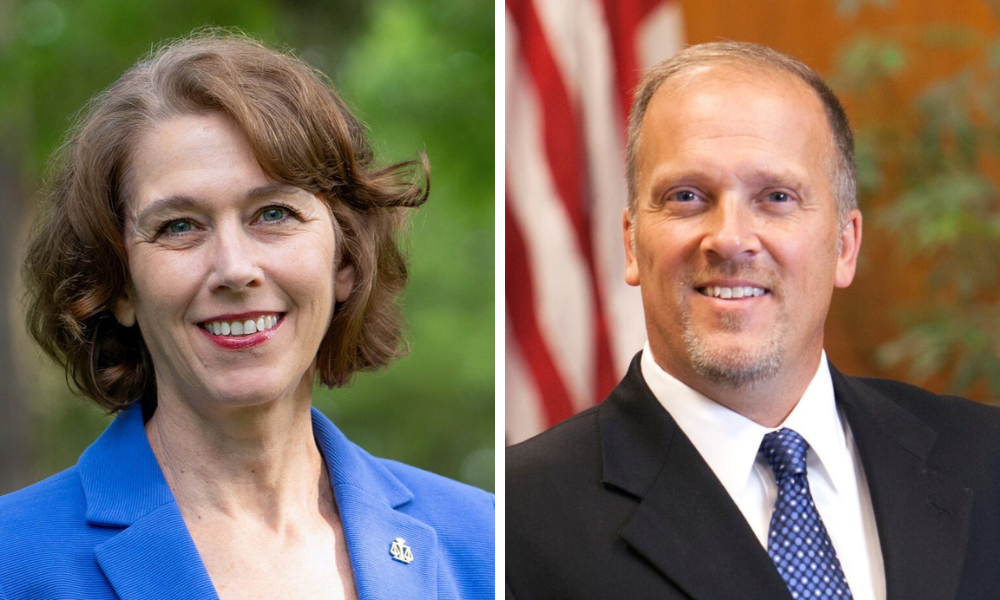Though Wisconsin is one of six states that hold non-partisan Supreme Court elections, unofficial partisanship has been in play for many recent elections. We take a look at partisan politics in local and national elections. We also review this week’s important national news and hear more about the history of Milwaukee’s Natatoria.
Featured in this Show
-
This Week In Washington – March 7, 2018
President Trump’s Chief Economic Advisor Gary Cohn resigned yesterday, adding to the backlash over proposed tariffs on imported steel and aluminum. We talk about the rift, and check in on other top stories of the week, with a Washington reporter.
-
The Rise And Fall Of Natatoria In Milwaukee
In 1888, Milwaukee opened its first public natatorium, which would be the first of seven in the city. The natatoria attracted hundreds of thousands of people each year, offering bathing facilities, swimming pools, and even a library. An historian is with us to talk about the natatoria at their peak and what’s happened to the buildings since.
-
How Non-Partisan Judicial Races Became Partisan
Judicial races in Wisconsin are historically non-partisan. But during the primary election last week, voters not only had a good idea where the three candidates for Wisconsin Supreme Court were on the partisan spectrum, one candidate outside said that he was a Democrat. In a recent Wiscontext article, political science professor Aaron Weinschenk found that these non-partisan races are getting more political as time goes on. He joins to to talk about what he found in his research and what it could mean for judicial races moving forward.
Episode Credits
- Rob Ferrett Host
- Dean Knetter Producer
- J. Carlisle Larsen Producer
- Callum Borchers Guest
- Bobby Tanzilo Guest
- Aaron Weinschenk Guest
Wisconsin Public Radio, © Copyright 2025, Board of Regents of the University of Wisconsin System and Wisconsin Educational Communications Board.




